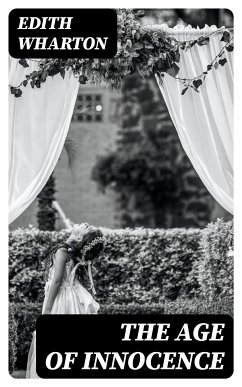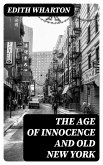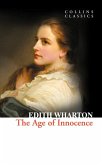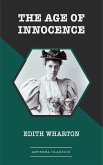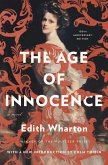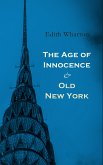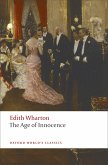Edith Wharton's "The Age of Innocence" is a masterful exploration of the complexities of societal expectations in the gilded age of New York during the 1870s. Through elegant prose and sharp wit, Wharton intricately weaves a narrative that examines the conflict between individual desire and social obligation, all while capturing the nuances of a rapidly changing society. The novel is characterized by its rich character development, particularly in the portrayal of Newland Archer, as he grapples with his love for the unconventional Countess Ellen Olenska, against the backdrop of rigid conventions that govern upper-class life. Wharton employs a realistic style that underscores the constraints imposed upon individuals, providing a poignant commentary on the interplay between personal happiness and societal norms. Edith Wharton, a member of the elite class herself, draws from her own experiences to craft this incisive critique of high society. Fluent in the cultural and social dynamics of her time, Wharton was acutely aware of the tensions that existed between passion and propriety, leading her to challenge the ideals of fidelity and conformity through this story. Her insightful observations and keen understanding of class structures lend credibility and depth to her characters' struggles. I highly recommend "The Age of Innocence" to readers who appreciate literature that probes the intricacies of human relationships within the constraints of social structures. Wharton's timeless exploration of love, duty, and disillusionment resonates even today, making this novel a classic that deserves both admiration and critical exploration.
Dieser Download kann aus rechtlichen Gründen nur mit Rechnungsadresse in A, B, BG, CY, CZ, D, DK, EW, E, FIN, F, GR, H, IRL, I, LT, L, LR, M, NL, PL, P, R, S, SLO, SK ausgeliefert werden.

